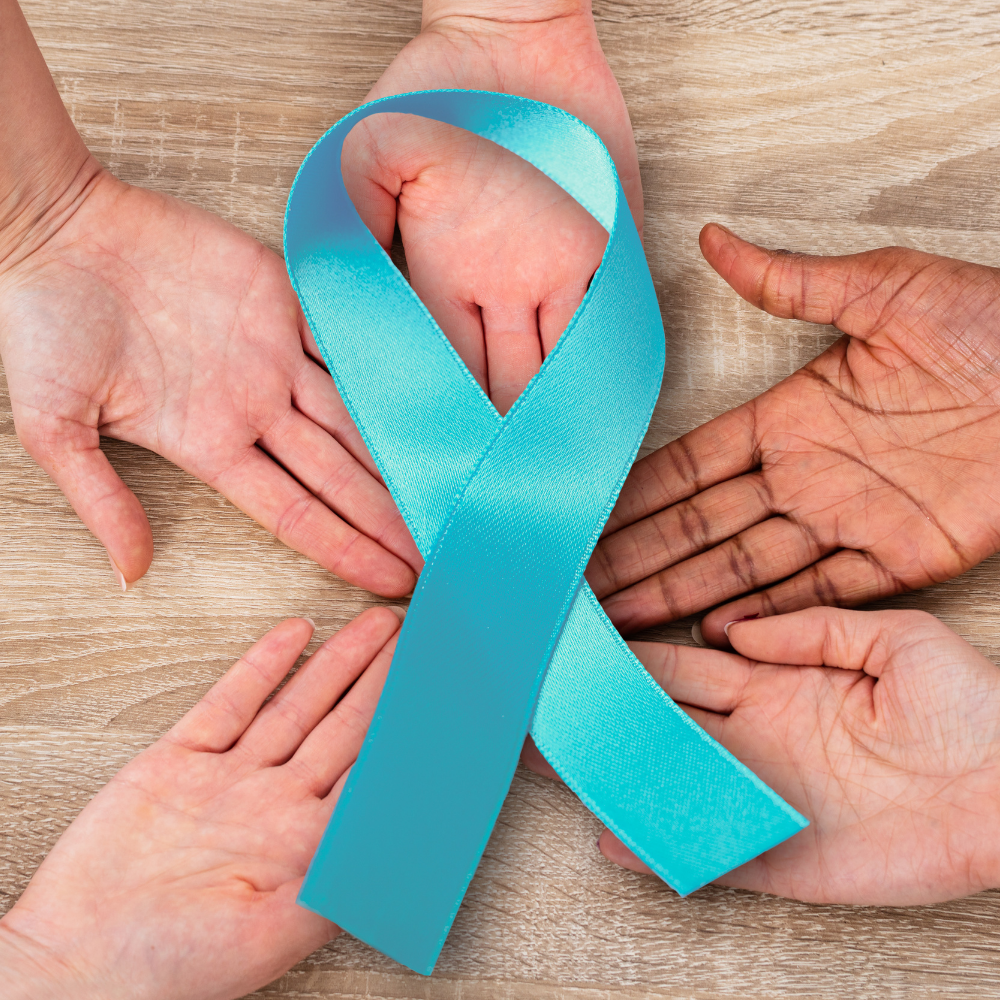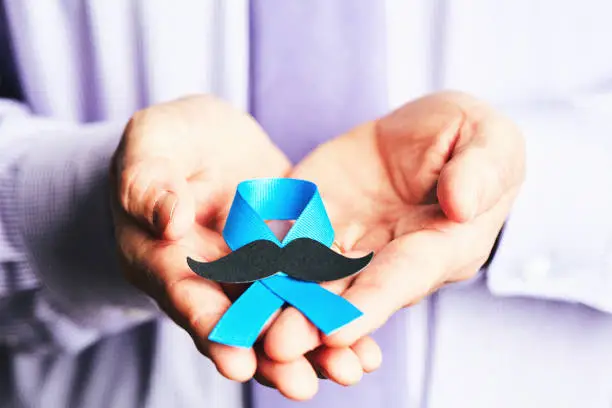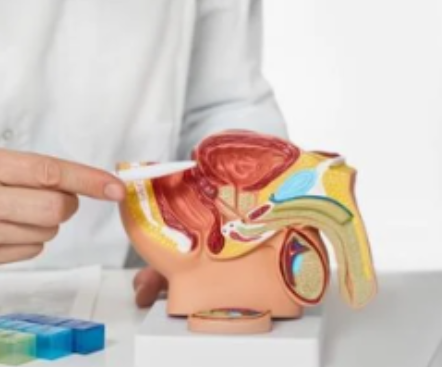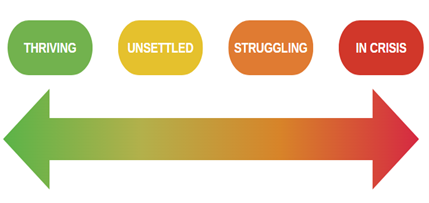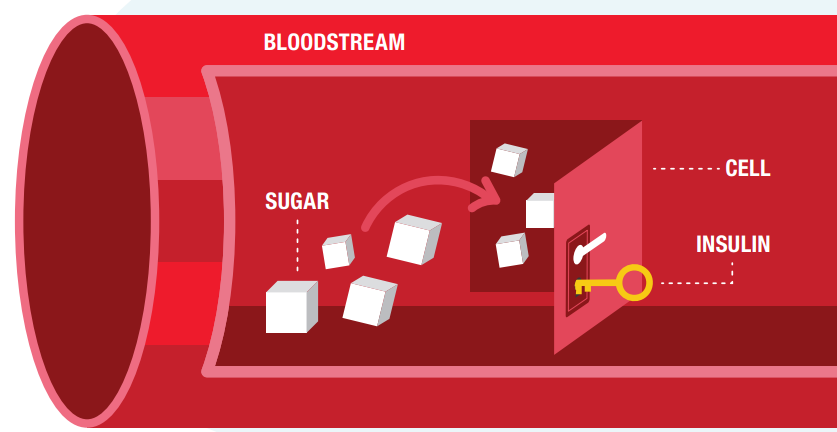

Receiving a serious health diagnosis, whether chronic or life threatening can affect every part of your life. It might come as a shock and leave you feeling scared, sad, angry, or even numb. You may worry about your future, your health, your job, or how this will affect your family and the things you enjoy doing. It is normal to feel this way. In this situation, it can be very challenging to cope and hard to know what do next.
To help you take your first steps forward, here are some tips on how to approach a difficult diagnosis. These tips can help lower anxiety, manage feelings of loss, and improve coping skills:
1. Express your feeling. When we hear bad news, we often experience fear, anxiety or even denial. These are all normal emotions, and it is important to give yourself time to process them. Find healthy coping strategies to help reduce anxiety such as journaling. Lean on your family members and friends or consider seeking professional help if needed. Remember to set realistic goals and take it day by day.
2. Educate yourself. Get the facts about the health condition. Knowing and understanding the facts can help you during your conversations with your healthcare provider. Find trusted recourses and ask for more information that will help explain your diagnosis. Start by writing down any questions or concerns you have and ask your healthcare team.
3. Set up a support network. Do not feel like a burden, be open to receiving help and support from those around you. Letting others help gives them a chance to support you during a tough time. Your support network can also be others with the same diagnosis to share stories and coping strategies.
4. Focus on things that bring you purpose and meaning. Spend time with people and activities that are meaningful to you and bring you excitement. Surround yourself with friends and family who have a positive outlook on life. Volunteer work and supporting other can help remind you of your sense of purpose.
5. Focus on your abilities, not limitations. Try not to compare your life now to how it was before. Thinking this way can make you believe that if you cannot do something the same way, you cannot do it at all. Instead change or adjust the way you do things.
Please note that every person will respond differently to a health diagnosis and each situation is unique. Take the time you need to process it, ask questions, and focus on what is within your control.
During this time, taking care of your mental health is important. Listen to the “Healthy Minds at Magna” panel where colleagues shared mental health stories and received tips from a psychologist. The discussion included stress management strategies, workplace mental health awareness, and mental health resources available to employees. If you missed the event, you can access the recording on MagNet or the Mylife app.
Written by Cynthia Nakabiri, Health Promotion Coordinator.
















